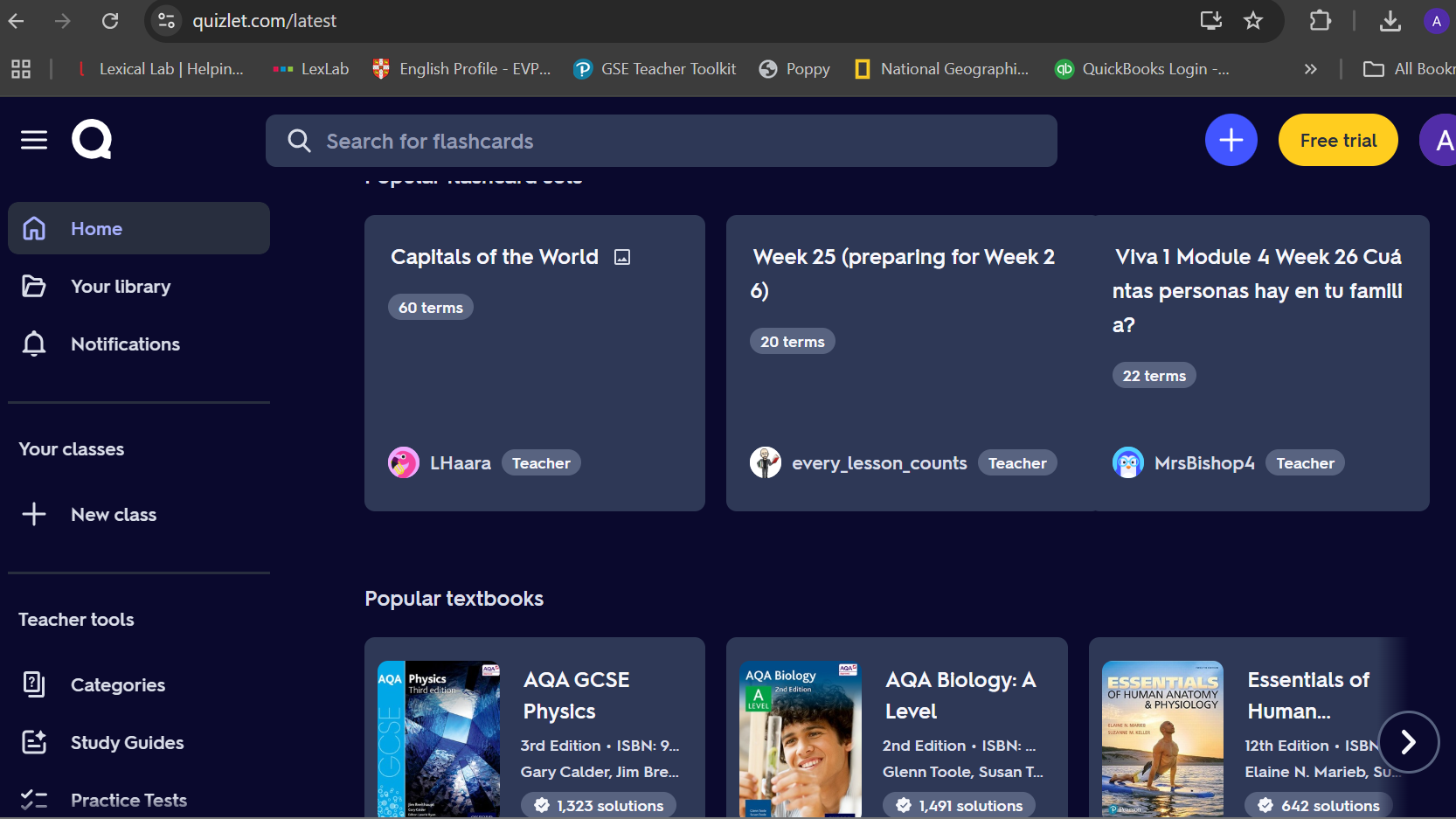Tag: teacher development
Why do activities to revise language in class? Teachers sometimes see class time as only for ‘new’ input. Revision is for students to do at home. I understand that idea. It also depends a bit how long your class is. If you have one 50 or 60-minute class a week, maybe that makes some sense. And students do have to take some responsibility, right? Ultimately, languages are truly learnt and certainly become more ‘real’ when students study and use the language outside class. But then many students set aside 3 or 4 hours of their week to do a class, so expecting a huge amount extra is not...
Student-centred classes: it’s not just pair work!
What do teachers mean by student-centred classes? It seems some only see it as increasing pair work and reducing whole class teaching. The teacher should be a facilitator setting up tasks and watching, rather than doing explicit teaching. That at least was an impression I had from one teacher at a recent training, but it also comes from CELTA trainers urging to keep teacher talking time (TTT) to a minimum and others who frown on direct explicit teaching. However, I think this is a rather reductive way of thinking about learner-centred classrooms and hides important principles of...
Planning lessons: chat is an outcome too.
When we talk about planning lessons that have an outcome, teachers often misinterpret this as meaning all lessons should have a clear practical benefit. They may feel that following an action-oriented approach (as follow the CEFR calls it), means we should only design or select tasks where students role-play practical activities, resolve problems, or reach definitive conclusions. This was an ongoing debate we had when writing tasks to encourage mediation in Outcomes Third edition. As we discuss in our course on Mediation in language teaching, while complex tasks are likely to result in more...
How should I use my coursebook? With principles!
It seems that most teachers see the value of using a coursebook, but the bigger question is: how should I use them? That was my conclusion from reading a recent post on LinkedIn by Katherine Bilsborough. She asked for English language teachers who were anti-coursebook to explain why they were against using them. As it turned out, most of the comments weren’t really anti-coursebook at all – maybe because they were from people connected to Kath, who is … a coursebook writer! However, I think this is just how the majority of teachers view coursebooks. There are those who loudly rant about the...
Meet learners’ needs by following language desire paths
If we want to meet learners’ needs, then try following their conversations and teach the language they desire rather than just what we set out to teach. Desire paths: a metaphor for meeting all the learners’ language needs while using a coursebookI was out walking the other day and it being somewhat damp and muddy, I decided to stick to the paved pathway rather than take this more direct route which I have now discovered is called a ‘ desire path’. But as I did so, I started thinking that the this kind of path, which you see all over the place, could be a kind of metaphor for...




